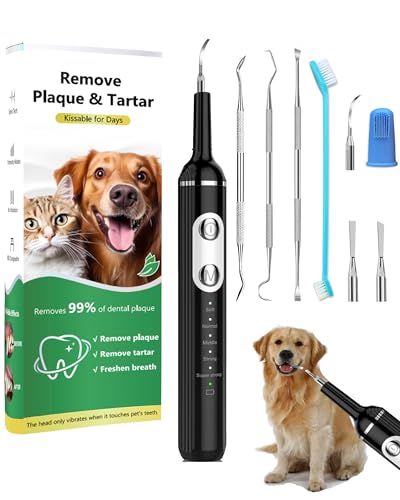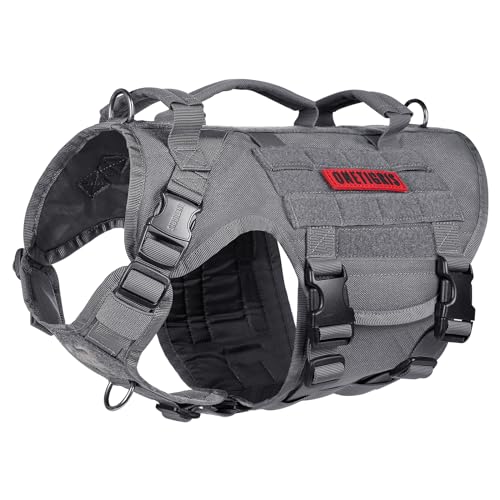




When faced with soft stools, it’s advisable to introduce a bland diet featuring boiled chicken and rice. This simple combination can help settle an upset stomach and firm up stool consistency.
In addition to dietary adjustments, ensuring access to fresh water is crucial. Hydration supports overall health and helps prevent dehydration, which can occur due to frequent bowel movements.
Consider incorporating a probiotic supplement specifically formulated for pets. These beneficial bacteria can restore gut flora balance and improve digestive health, promoting more normal stool formation.
If symptoms persist beyond a day or two, consulting a veterinarian is recommended. They can provide tailored advice and check for underlying health issues that might require attention.
Reflecting on my experience, I encountered a similar situation with my own furry friend. After a couple of days of loose stools, I switched to the chicken and rice method, which worked wonders. It’s always good to have a go-to solution for such common issues–keeping our companions healthy and happy is a top priority.
Effective Solutions for Your Pup’s Digestive Issues
First, consider introducing a bland diet. Boiled chicken (without skin) and plain white rice work wonders for sensitive stomachs. This combination is gentle and allows the intestines to recover while providing necessary nutrients.
Probiotics and Natural Remedies
Probiotics can be beneficial as they help restore balance in the gut flora. Look for options specifically designed for pets. Additionally, pumpkin puree (not the spiced pie filling) is a fantastic source of fibre and can help firm up stools.
- Plain yoghurt can also be a good choice–just ensure it contains live cultures.
- Bone broth is another soothing option, offering hydration and nutrients.
Assessing Food Sensitivities
If digestive troubles persist, evaluating food sensitivities might be necessary. Opt for the best food allergy test for dogs to identify potential allergens in your pup’s diet. This can help in selecting a suitable food that won’t upset their stomach.
Always consult with your vet before making significant changes to your pet’s diet, especially if symptoms continue or worsen.
Identifying the Causes of Diarrhoea in Dogs
First, assess dietary changes. If there’s been a switch in kibble or treats, this could lead to gastrointestinal upset. I recall a time when I introduced a new brand of biscuits to my furry friend, and it didn’t sit well with him, resulting in some messy situations.
Next, consider food intolerances or allergies. Some pets might react poorly to common ingredients like grains or certain meats. A friend of mine discovered her Labrador was allergic to chicken after weeks of inconsistent bowel movements. Keeping a food diary can help identify triggers.
Another factor is parasites. Worms and other parasites can wreak havoc on a pet’s digestive system. Regular vet check-ups and stool tests are key to catching these issues early. I learned this the hard way when my pup had a sudden bout of diarrhoea that turned out to be due to worms.
Infections, whether bacterial or viral, should not be overlooked. If a canine friend has been around others who are unwell, this could be a source of illness. My own experience taught me that isolation during outbreaks is crucial to prevent spreading infections.
Lastly, stress can also lead to gastrointestinal disturbances. Changes in environment, such as moving homes or new family members, can upset the routine of your pet. I noticed my little buddy had a sensitive stomach during a move, highlighting how emotional factors can influence physical health.
By identifying these potential causes, you’ll be better prepared to address the issue and help restore your pet’s health.
Safe Foods to Settle an Upset Stomach
Plain, cooked rice serves as an excellent option for soothing digestive distress. It’s gentle on the stomach and easy to digest, making it a go-to choice in my household.
Boiled chicken, without skin and bones, complements rice well. This combination provides protein while remaining light. I recall a time when my pup had a rough tummy, and this meal worked wonders.
Sweet potatoes are another fantastic choice. Rich in fibre and nutrients, they help firm up stools and are often well-tolerated. Just ensure they’re cooked thoroughly and mashed for easy consumption.
Plain pumpkin is a fantastic remedy. It contains soluble fibre and can be mixed with other foods. I always keep a can of pure pumpkin on hand; it’s a lifesaver during digestive issues.
| Food | Benefits |
|---|---|
| Plain Rice | Gentle on the stomach, easy to digest |
| Boiled Chicken | Provides protein, light meal |
| Sweet Potatoes | High in fibre, nutritious |
| Pumpkin | Contains soluble fibre, helps firm stools |
As always, monitor reactions and consult a vet if symptoms persist. These foods have helped my furry friend recover before, and I hope they work for you too!
When to Use Probiotics for Digestive Health
Probiotics should be introduced if your furry friend experiences persistent loose stools lasting more than a day. These beneficial microorganisms help restore gut balance, especially after a stressful event, change in diet, or following antibiotic treatment.
Consult a veterinarian before starting a probiotic regimen. They can recommend specific strains tailored to your pet’s needs. Look for products containing Bifidobacterium and Lactobacillus species, as they are commonly effective for intestinal health.
Another good time to consider these supplements is after a bout of gastrointestinal upset. If your companion has shown signs of recovery but still has occasional irregularities, probiotics can aid in stabilising their digestive system.
Watch for signs of discomfort, such as bloating or gas, which may indicate that the current supplement isn’t suitable. Adjustments might be necessary to find the right fit for your pet’s unique digestive system.
Incorporating probiotics into your routine can also be a preventive measure. If your canine frequently experiences digestive disturbances, regular use might help maintain a healthy gut environment.
Hydration Solutions for Dogs with Diarrhoea
Electrolyte solutions designed specifically for pets are a solid option. These formulations help replenish lost minerals and fluids. Products like Pedialyte can be diluted and offered in small amounts to assist with hydration. Always check with a vet for the right dosage tailored to your furry friend’s size.
Another effective method involves homemade broths. A simple chicken or beef broth, made without onions or garlic, can encourage your pet to drink. This not only keeps them hydrated but also provides some nutrition, which is beneficial during bouts of gastrointestinal upset.
Offering fresh water regularly is crucial. Some pets prefer running water, so a pet fountain can entice them to drink more. Monitoring their water intake is important; if they refuse to hydrate, it may indicate a need for veterinary attention.
Ice cubes made from broth can also be a fun way to encourage fluid consumption. Many dogs enjoy chewing on these, and it can stimulate their interest in drinking more liquids.
If your companion shows signs of dehydration, such as lethargy or dry gums, prompt veterinary care is essential. Keeping a close eye on their condition can prevent further complications.
When to Consult a Veterinarian for Persistent Issues
Seek veterinary advice if symptoms last more than 24 hours or worsen. Any signs of dehydration, such as dry gums or excessive thirst, require immediate attention. If your furry friend displays additional symptoms like vomiting, lethargy, or blood in stool, a vet visit is non-negotiable.
Monitor food intake and any recent dietary changes. If your companion has ingested something potentially harmful, contact a veterinary professional right away. Chronic issues or recurring episodes over several weeks signal an underlying condition that needs expert evaluation.
Be alert to sudden weight loss or changes in appetite. These can indicate serious health problems. If your pet seems uncomfortable or in pain, don’t hesitate to consult a vet. Regular check-ups can help prevent complications from persistent digestive woes.








